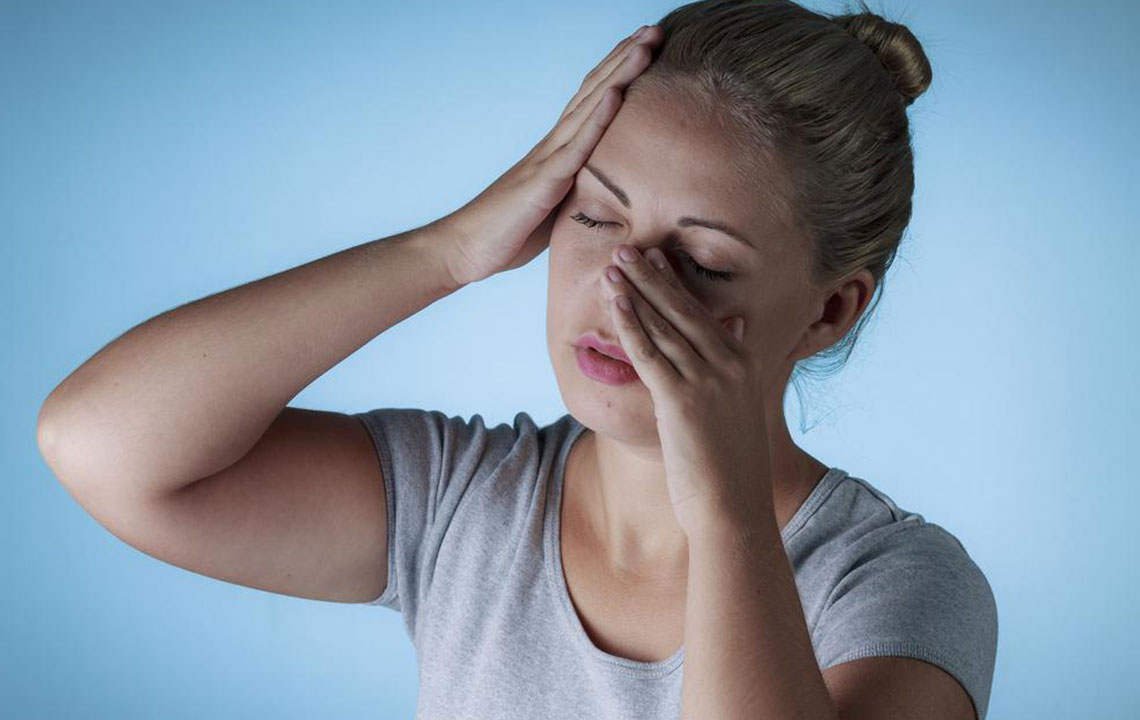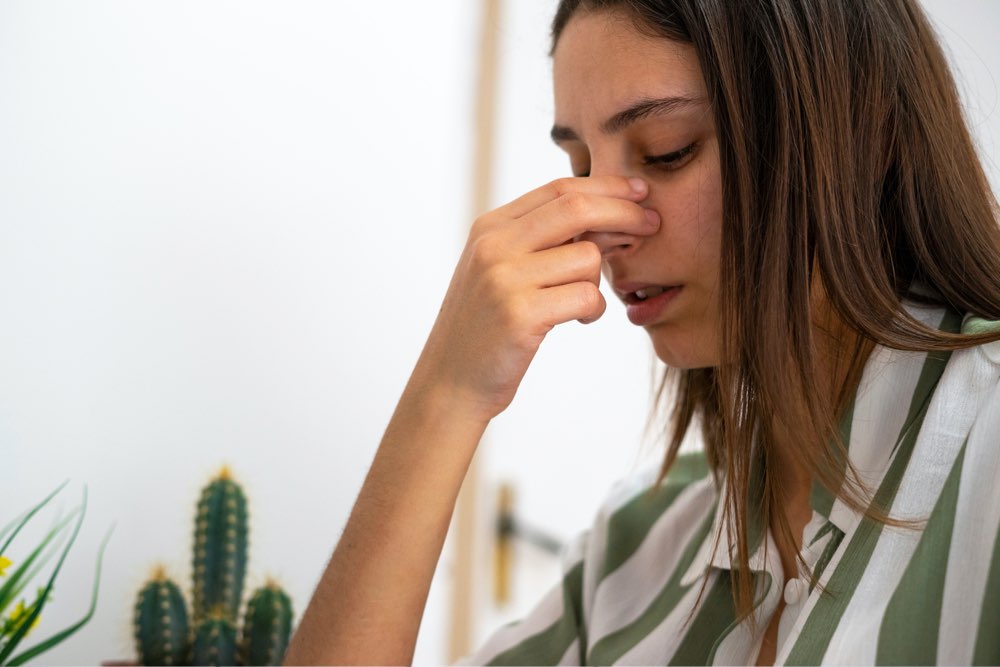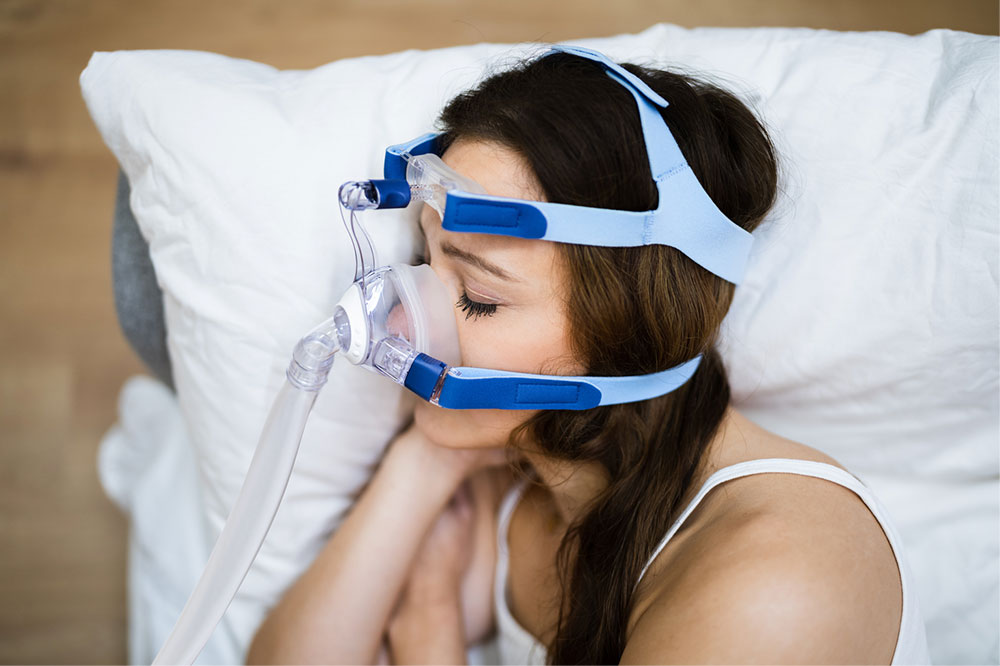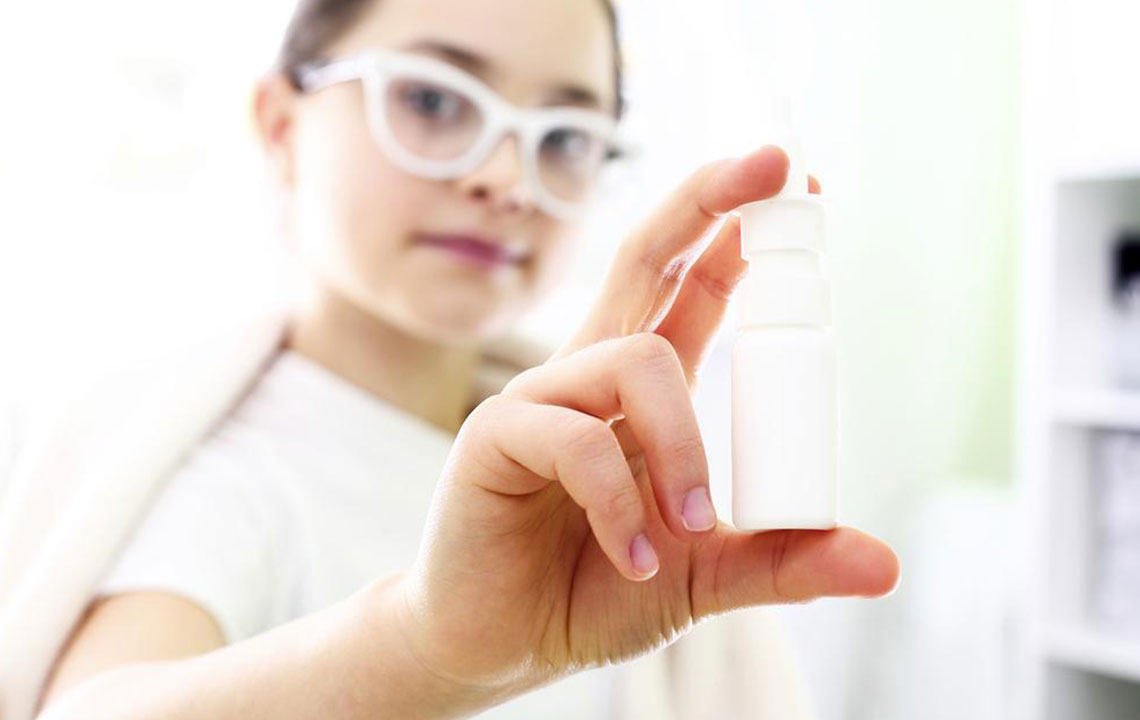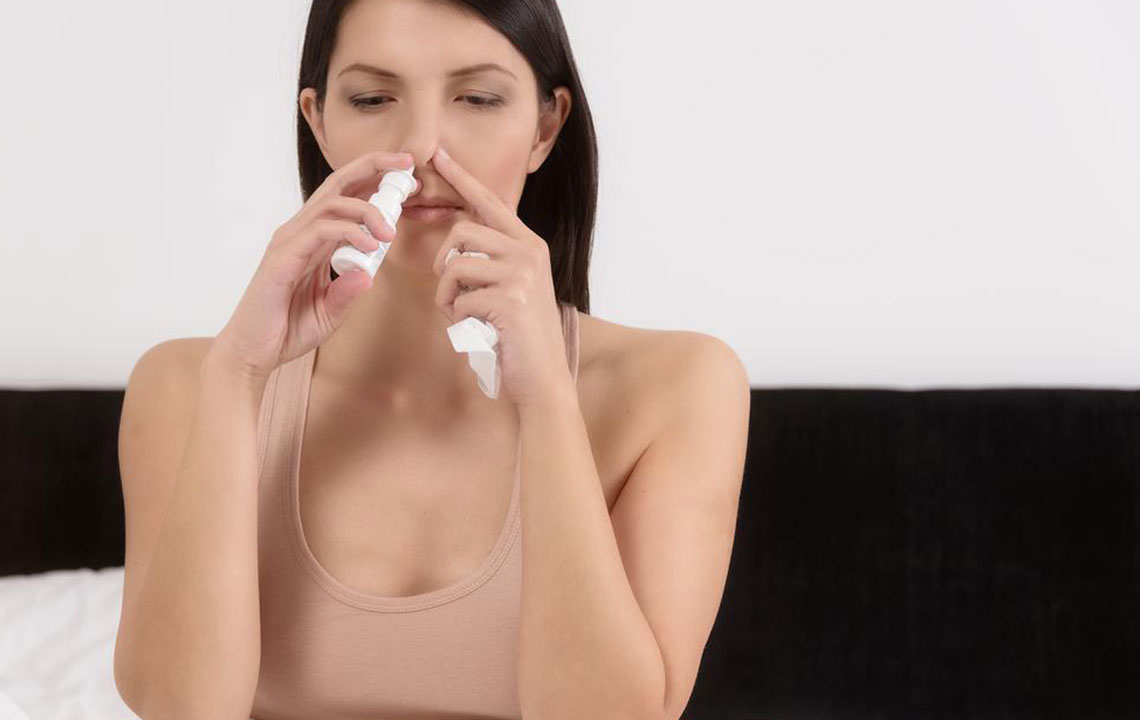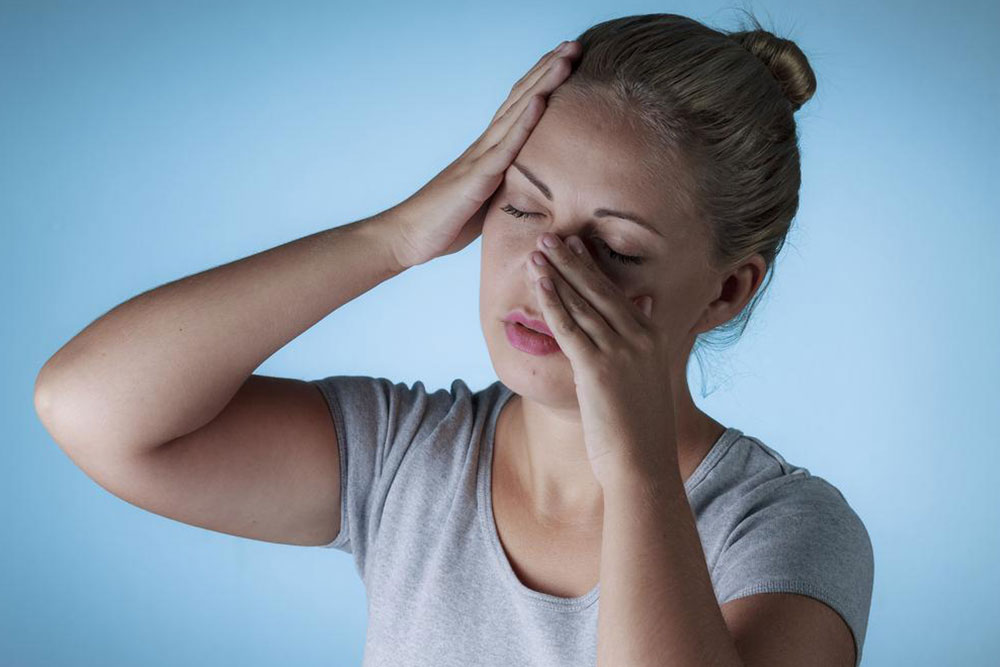Effective Strategies to Address Common Issues with CPAP Devices
This article offers practical tips for addressing common issues faced by CPAP users, including mask leaks, sleep difficulties, nasal congestion, and dry mouth. Proper fitting, gradual adaptation, and humidity adjustments are key to optimizing CPAP therapy and improving sleep quality. Ensuring comfort and proper usage helps users stick to their treatment, reducing health risks associated with sleep apnea.
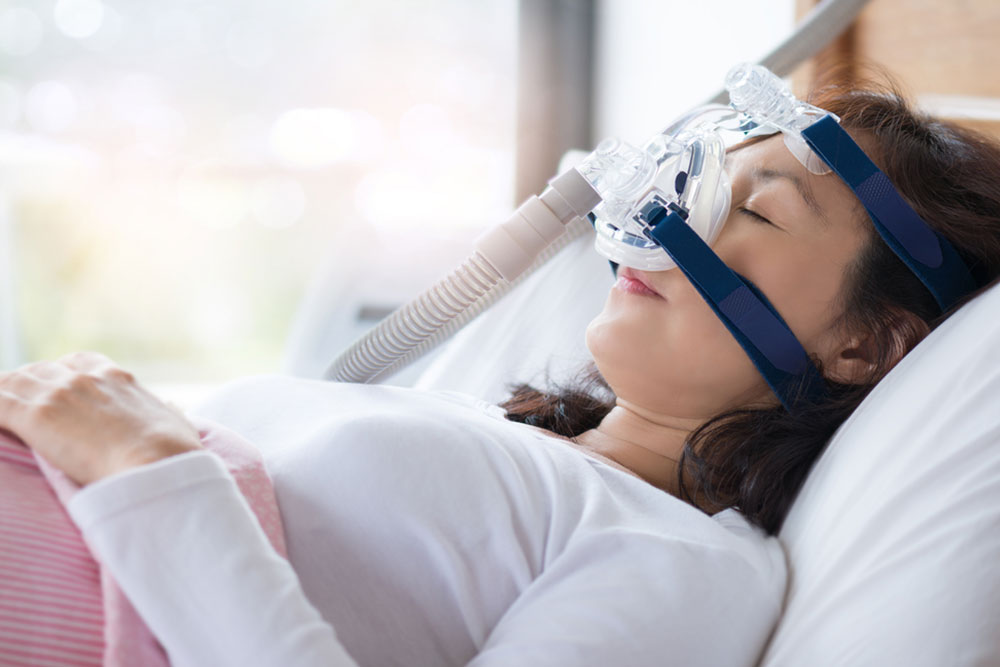
Continuous Positive Airway Pressure (CPAP) devices play a crucial role in managing obstructive sleep apnea. This condition causes repeated breathing interruptions, which, if untreated, can lead to serious health risks such as hypertension, stroke, cardiovascular problems, diabetes, and mood disorders. CPAP machines supply consistent airflow to keep airways open, significantly improving sleep quality. However, users often encounter challenges like mask leaks, difficulty sleeping, nasal congestion, and dry mouth. Addressing these issues is essential for maximizing treatment benefits and ensuring compliance with therapy.
Mask Leakage: Air escaping from the mask can be uncomfortable and reduce therapy effectiveness. The solution often involves selecting the correct mask size or style. Consult your healthcare provider or CPAP supplier for guidance on proper fitting and adjustment to ensure a snug yet comfortable fit.
Sleep Difficulties: Sleeping comfortably with a mask may take time. Start by wearing the mask for short periods during the day to get accustomed. Gradually increase usage during naps before full night-time use. Patience and consistent practice can improve comfort and adherence.
Nasal Congestion: Proper mask fit helps prevent leaks that cause nasal dryness. Use the machine’s heated humidifier and adjust humidity settings to soothe nasal passages. Regularly tightening straps can also improve fit and reduce dryness.
Dry Mouth: Mouth breathing during sleep can lead to dryness. Use a chin strap to keep the mouth closed and prevent air leaks. A humidifier attachment on your CPAP can also add moisture, enhancing comfort and reducing dry mouth during sleep.
Note: Our blog provides diverse informational content for better understanding and management of sleep apnea. While the data and advice are based on thorough research, always consult with your healthcare provider for personalized guidance. We disclaim responsibility for discrepancies or updates that may arise elsewhere, and we recommend exploring available schemes and offers for optimal care.

